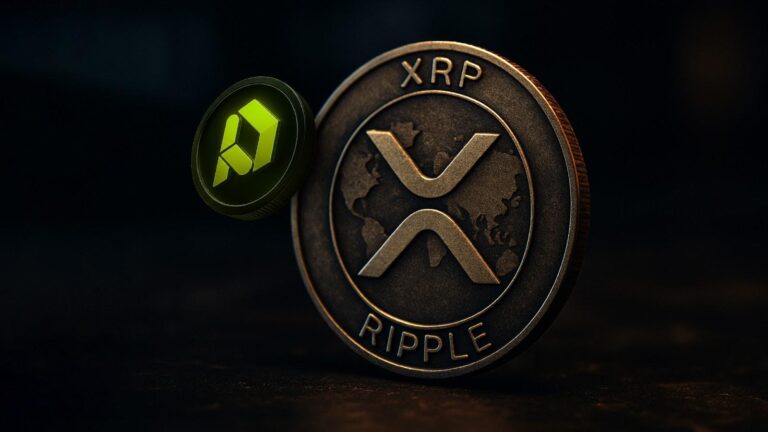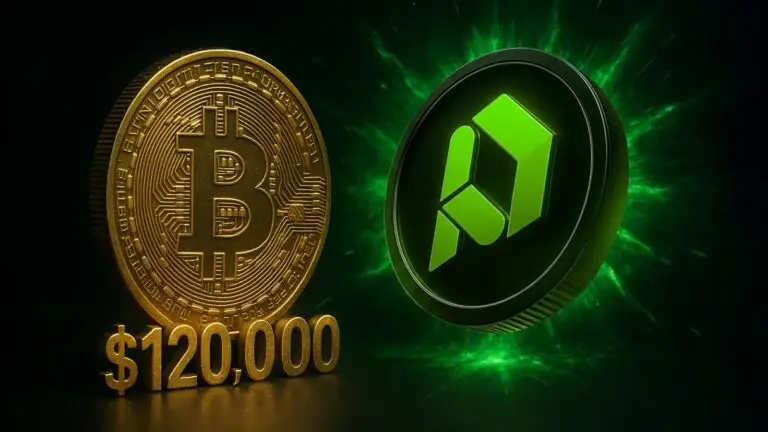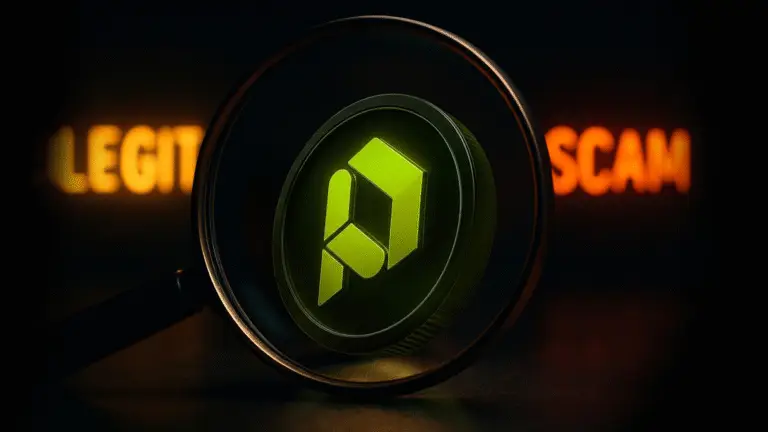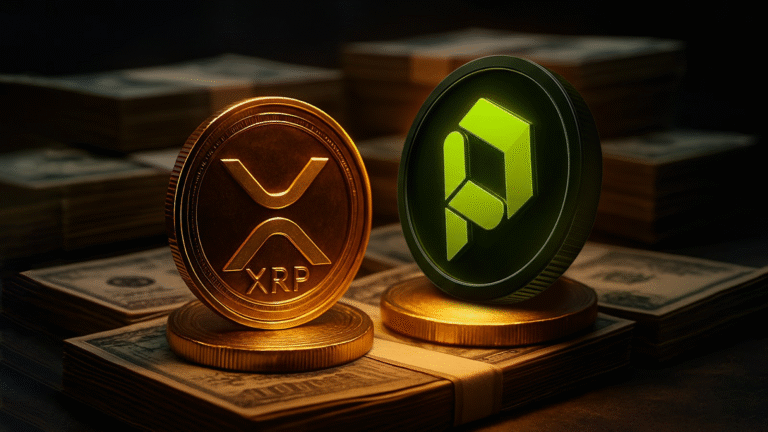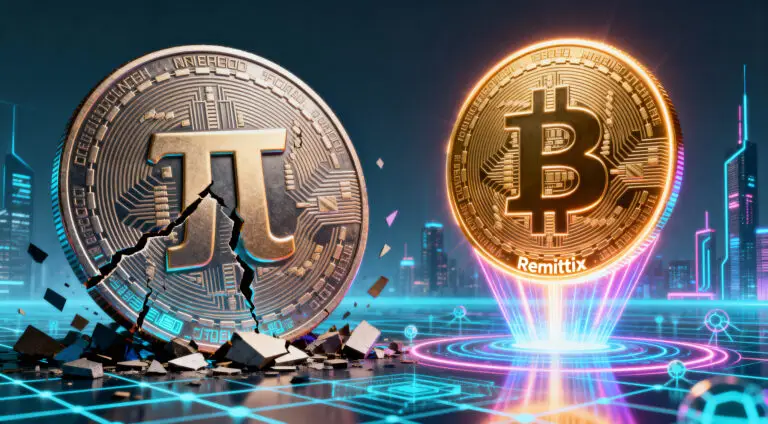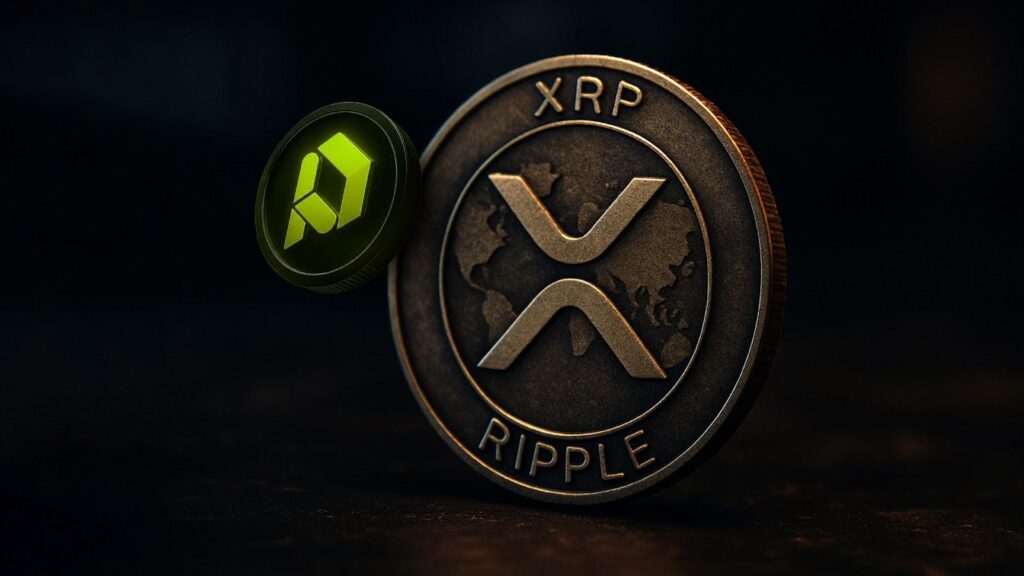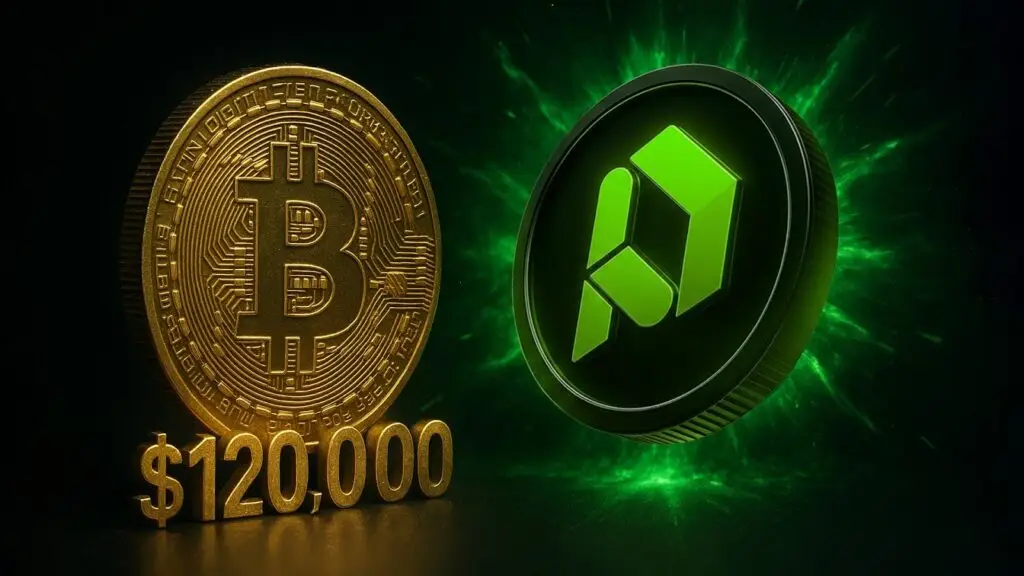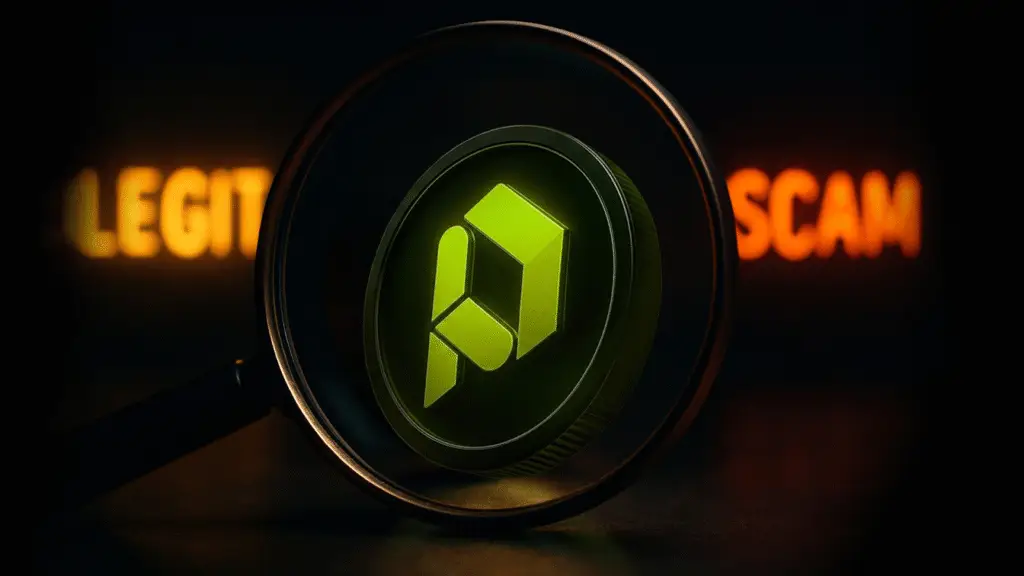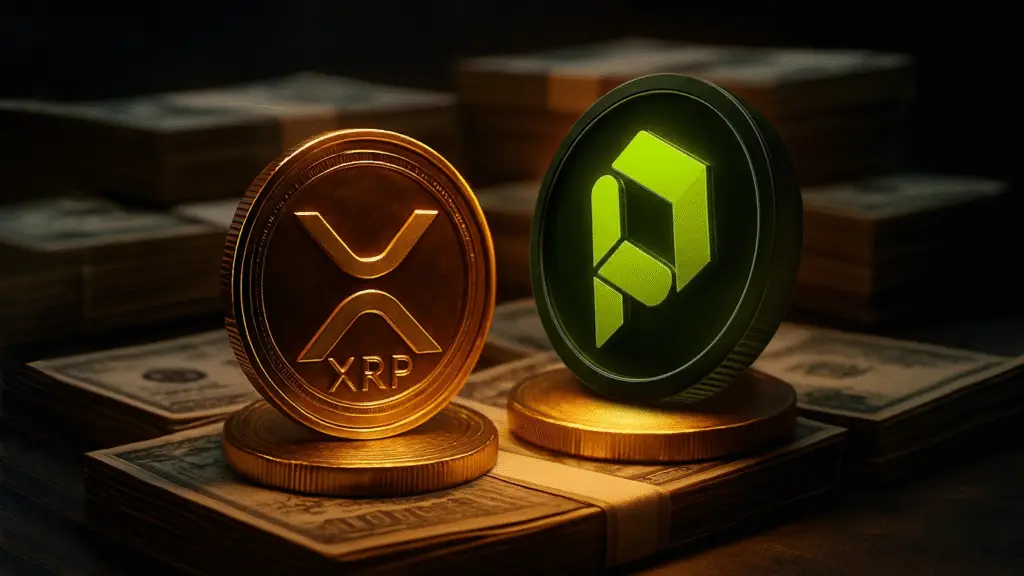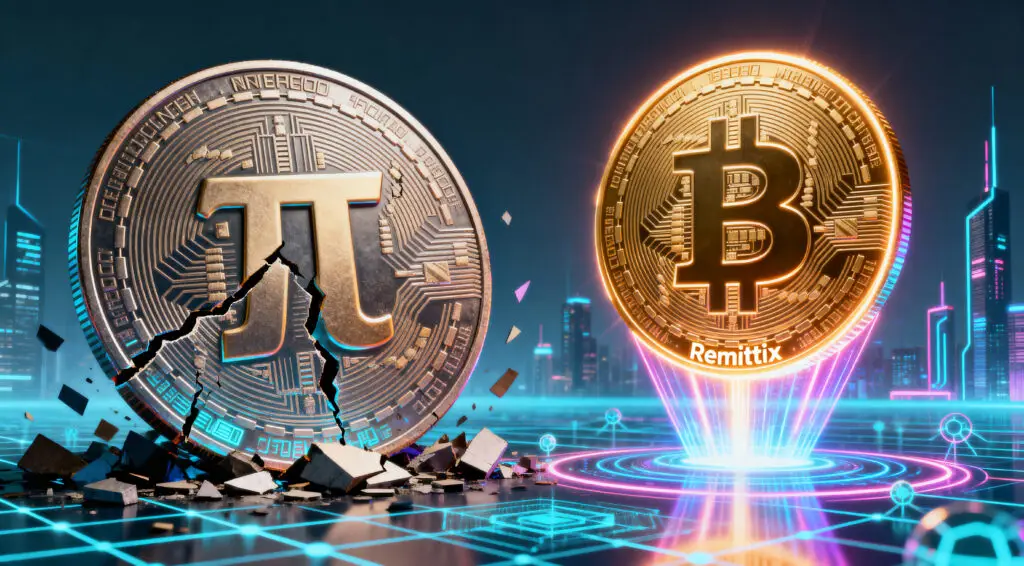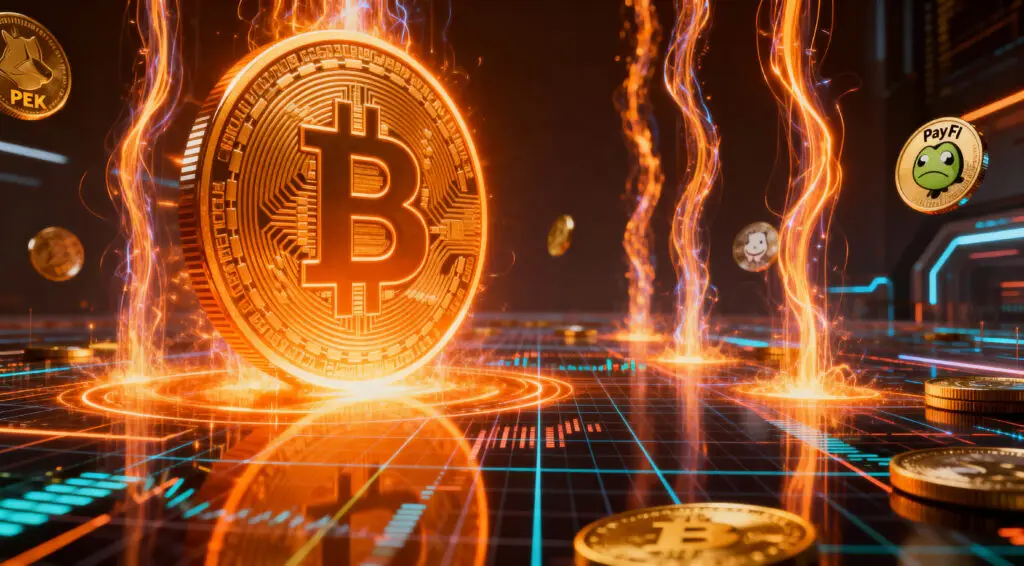The U.S. Treasury Department has removed the crypto mixer Tornado Cash from the sanctions list. The move has caused a spike of 73% in the value of its native token, TORN. This will likely cause massive commotion in the cryptocurrency market, especially in the privacy token and Decentralized Finance (DeFi) markets.
From Blacklist To Green Light: The Revival Of Tornado Cash
As it stands, OFAC removes Tornado Cash off the list of Specially Designated Nationals and restricts US citizen interaction with it, meaning US citizens can freely transact with it now. This announcement and subsequent update on the OFAC website mark an official government stance on Tornado.
In the matter of Van Loon v. Department of Treasury, the U.S. Treasury office disclosed a ghastly amount of discretion has been utilized to lift economic sanctions on Tornado Cash. Declared in Treasuries Monday filing: ‘We appeal in the case of Van Loon v. Department of the Treasury… The threads contain an eye-catching display of verbal confusion. Thus, it appears to be a weak, concealed view of the government’s stance about the privacy of cryptocurrencies.
The Treasury has underlined that the containment strategy has not substantially diverted its attention from restricting North Korean-linked hacker group Lazarus’ alleged laundering activities.
Policy Struggles and Outcomes
US sanctions labeled Tornado Cash as a cryptocurrency mixer in 2022, prohibiting American citizens from using it. The Treasury claimed that the platform facilitated laundering exceeding seven billion dollars in digital assets since its establishment in 2019, which included siphoned funds from the Lazarus Group.
These events led to U.S. Department of Justice (DOJ) charges against co-founders of Tornado Cash, Roman Storm and Roman Semenov, in 2023, accusing them of facilitating over one billion dollars’ worth of crypto transactions purportedly associated with the Lazarus Group. Furthermore, in May 2024, fellow co-founder Alexey Pertsev was convicted in a Dutch court of laundering 1.2 billion dollars’ worth of cryptocurrency and sentenced to 64 months imprisonment.
The Treasury’s lift on sanction constraints could considerably enable the complicated legal conflict, amplify the litigation confrontation with the founders of Drexel, and bolster the defense against the DOJ’s claims.
Celebratory Cadalyst Boosts Acquire Tornado Cash: An Achievement for Privacy
The accolades from market participants were instantaneous and tremendous. Tornado Cash’s native token, TORN, skyrocketed by over 70 percent, reclaiming the $15 price mark. As a result of this leap, TORN’s weekly gains also surpassed 100%, cementing its top position in the privacy-token ecosystem.
The TORN’s market capitalization of $57 million, which is relatively low, still has to be considered. Even small buy orders may magnify the effects. Regardless, the achievement is significant, perceivably shedding some light for crypto privacy advocates and the DeFi ecosystem.
This step from the Treasury might indicate an easing outlook for US crypto privacy regulation, which, at least in part, seems to have some industry support.
A Privacy Token Rally Ripple Effect?
Unwinding the OFAC restrictions on Tornado Cash could trigger wider interest in privacy tokens. That’s why the rest of the market will pay attention to PRCY and other crypto markets featuring hidden currencies.
As lawsuits regarding Tornado Cash continue, the cryptocurrency market waits for more updates regarding their impact on the future of crypto privacy. At the same time, this action by the U.S. Treasury represents an inherently mixed strategy aimed at controlling the proliferation of cryptocurrencies while attempting to safeguard sensitive information.


